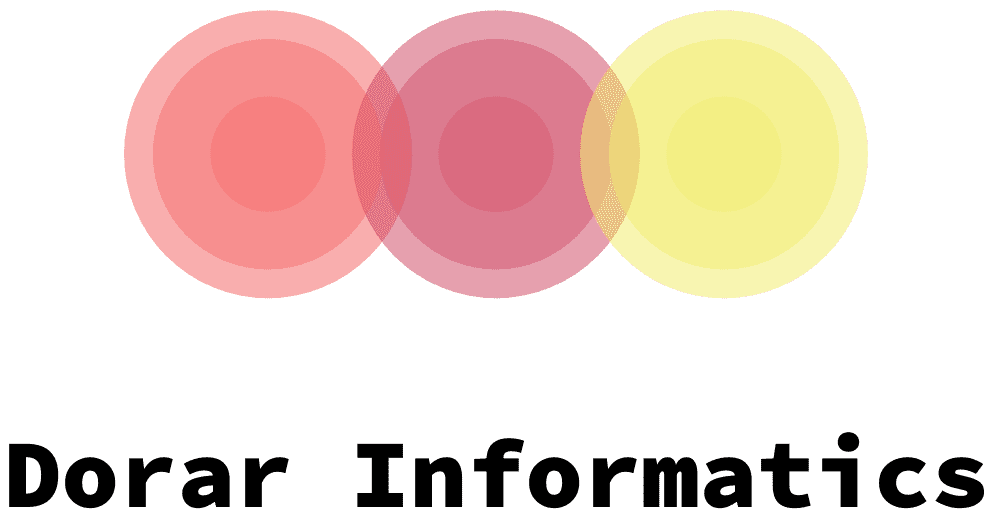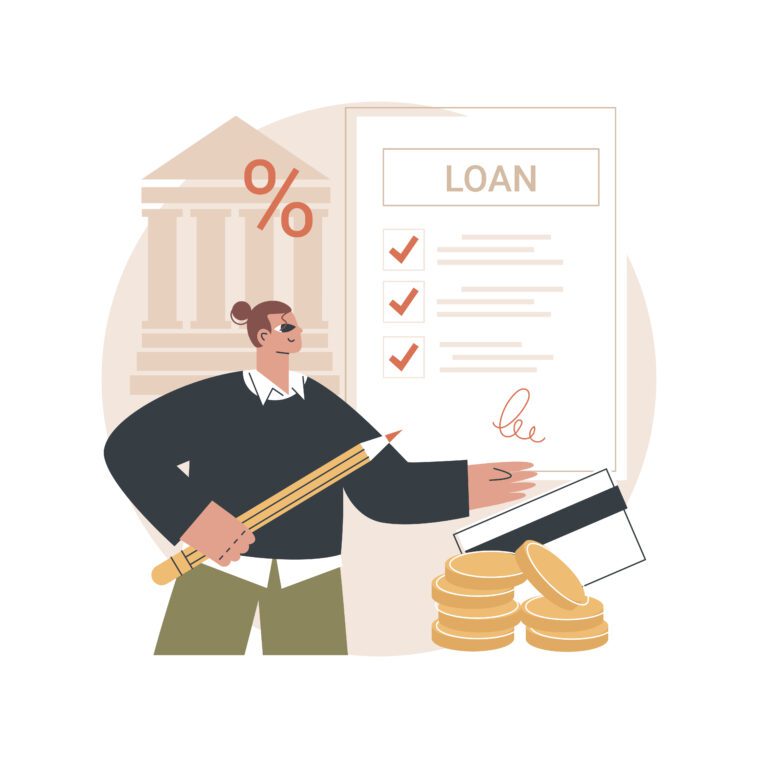Whether you’re buying a car, paying for a wedding, or just need extra cash, a personal loan can be an affordable and quick way to borrow money.
Getting a personal loan requires knowing your credit health and shopping around for the best rates and terms. These loans typically require good credit and come with fixed interest rates and monthly payments.
Requirements for a personal loan
If you’re looking to borrow money for a variety of reasons, a personal loan can be an attractive option. It can provide a large lump sum for a wide range of purposes, including debt consolidation, major home renovations and medical bills. But a personal loan has some important requirements that you’ll want to know before applying for one.
Lenders typically evaluate your credit history and FICO score to determine whether you’re a good candidate for a personal loan. A low credit score can cause a lender to view you as risky and deny your loan request. On the other hand, a high credit score can increase your chances of getting approved and may even lead to lower interest rates on your loan.
The other major factor that lenders look at is your income. They want to see that you have a stable job with a regular income. Most lenders will ask you to confirm your employment by providing proof of current or recent pay stubs, W2 forms or other documentation that verifies your income level.
In addition, lenders will also want to see that you have a stable living situation. This could include providing proof of your address, such as a recent utility bill or rental agreement.
Your debt-to-income ratio (DTI) is another key metric that most lenders consider when evaluating your personal loan application. Your DTI is a calculation of your monthly gross income divided by your monthly payments on outstanding debt. A low DTI is desirable for many lenders.
Applying with a cosigner is another way to increase your chances of being approved for a personal loan. A cosigner can help you meet the credit requirements and can reduce your debt-to-income ratio.
A cosigner can also provide security for your personal loan, which can lower the amount of interest you have to pay on your debt. The cosigner can be your spouse, a parent, or someone else with excellent credit.
If your credit score is below a certain level, you may be able to get approved for a small personal loan. These smaller loans can often be a good way to get started building credit while also determining if you’re eligible for larger personal loan amounts in the future.
Requirements for a secured personal loan
A secured personal loan is a type of personal loan that requires you to put up collateral in order to qualify for it. This can be a car, home or other valuable asset that the lender can sell if you don’t pay back the loan.
The benefit of a secured loan is that it’s easier to get than an unsecured one and generally comes with lower interest rates and shorter payoff periods. This type of loan can also be a good option for people with bad credit who may not otherwise qualify for an unsecured loan.
Secured personal loans are typically available from banks, credit unions and online lenders. They can help you cover unexpected expenses, such as a medical emergency or layoff.
They can also be used to buy a new car or cover the purchase of a home, and they are often more competitive than traditional unsecured personal loans. They are usually offered with fixed interest rates and repayment terms ranging from one to five years.
To find the right secured loan for you, consider your financial situation and goals. Review your budget to see what you can afford and evaluate the value of any potential assets that you might want to use as collateral.
Once you have an idea of the value of your assets, check with the lender to see what they are willing to offer you in terms of interest rate and terms. You’ll also need to shop around for the best deal, as some lenders offer special perks such as free credit-building assistance or unemployment or hardship help.
While a secured loan can be more expensive than an unsecured personal loan, it’s important to remember that it is less risky for the lender. You will likely be approved for a larger loan amount, and the interest rates on secured loans are typically less than those of unsecured personal loans.
If you’re unsure which type of loan is best for your needs, it is a good idea to speak with a financial expert who can help you decide what type of loan is best for you. Whether you’re looking to finance a large project or an emergency, finding the right loan can be the difference between financial success and failure.
Requirements for an unsecured personal loan
Whether you’re looking for a personal loan to fund a home renovation or pay off medical bills, there are several requirements you should consider before deciding which type of loan is best for your needs. These include your credit history, income and debt-to-income ratio, and how much money you need to borrow.
The requirements for an unsecured personal loan vary from lender to lender, but most lenders will look for a strong credit score and stable income before approving a loan. They also typically take into account your debt-to-income ratio, so they don’t give you a large amount of money when your income isn’t enough to cover it.
You’ll likely need a minimum credit score of 600 to qualify for an unsecured personal loan, but some lenders may offer loans to applicants with lower scores. Your lender will also want to see your employment status, debt-to-income ratio and other financial documents.
Applying for an unsecured personal loan can be done online or in person, and many lenders now offer quick approval times. You’ll need to submit a complete application and proof of identity, including your driver’s license or state-issued ID card, income documentation, and bank statements.
Unsecured loans are generally considered more risky for lenders, which is why they often come with higher interest rates and less borrowing limits. However, they can be a great option for those who have good credit and need access to cash quickly.
If you’re looking to borrow an unsecured personal loan, be sure to shop around for the best rate and terms before committing to a lender. Some lenders offer a free online prequalification service that allows you to compare quotes without affecting your credit score.
Once you’ve found a lender that fits your budget and credit requirements, it’s time to start the application process. Usually, this means providing your income documentation (including tax returns), W-2s or 1099s, and your financial documents, such as bank statements and pay stubs.
Some lenders may charge a fee for processing your application, so it’s a good idea to find out upfront what you’ll be required to pay. These fees can range from 1% to 6% of the total loan amount, so be sure to ask before you sign any paperwork.
Requirements for a line of credit
A line of credit is a type of loan that offers flexible access to funds, which you can draw on and pay back over time. These loans can be used for various purposes, including home improvement projects and unexpected expenses.
You can get a line of credit from a bank, a credit union or an online lender. These types of loans can be a good option for people with poor credit or who don’t want to risk getting a traditional loan.
These types of loans also tend to have lower interest rates than credit cards and other kinds of personal loans. However, they are still considered to be unsecured and may require a high credit score to qualify.
When you apply for a line of credit, the lender will review your income and credit history. This is a good way to determine whether you can repay the debt.
Unlike a term loan, which requires you to pay the full amount in one lump sum at the beginning of the term, a line of credit allows you to draw from it over time, replenishing your available balance each time you repay it. Depending on your lender’s terms, you can only use a certain percentage of the total amount that you have.
Because these loans are unsecured, the lender takes on a lot of risk. As a result, they can charge a higher interest rate than they would for a home equity line of credit (HELOC).
The requirements to qualify for a line of credit vary, but some basic requirements include a stable job and a solid credit rating. You should also be able to show that you can pay back the money on time.
In addition, many lenders will require that you’ve been in business for at least two years before they will consider granting a line of credit. This can be a good thing for entrepreneurs, because it can give them a better chance of being approved.
A line of credit is a great option for consumers who need quick access to money. It can be a useful tool for financing unforeseen expenses, but it’s important to understand the limitations of this type of product and how to use it responsibly.




